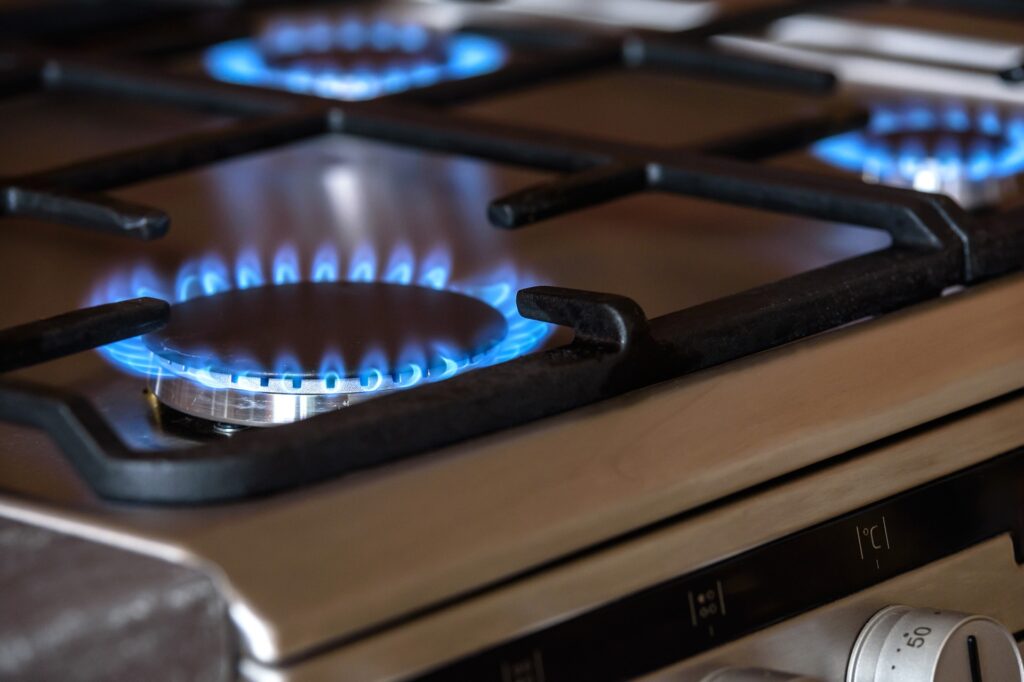Ofgem will announce the highly anticipated new level of the price cap on 3 February at 11am.
The regulator had been expected to announce the price cap by next Monday, 7 February, ahead of it coming into force on 1 April.
With wholesale power prices soaring in 2021 – thanks predominantly to gas prices in Europe growing by around 500% – the price cap is expected to jump dramatically. Industry analysts Cornwall Insight suggested it could increase by 46% for summer 2022, hitting approximately £1,865.
Currently, energy suppliers are limited in what they can charge customers for energy by the winter 2021-22 price cap of £1,277 per annum.
The disconnect between this and the soaring wholesale prices has significantly squeezed suppliers, with many who were unhedged unable to recoup the cost of energy. This led to 27 suppliers shuttering in 2021, as well as Bulb going into special administration due to its size.
However, while the new cap will ease the strain on suppliers, it is likely to have a dramatic impact on consumers, with over six million facing fuel poverty.
Since the end of 2021, politicians, companies and charities have been calling on the government to act to protect consumers when the price cap is reset. Suggestions for the best path forwards include changes to VAT and a windfall tax on north sea oil and gas companies.
While some have used rising bills to call for changes to green levies – and indeed there were reports that the Treasury was considering a cut to the Energy Company Obligation – this has been widely criticised, as given Britain’s reliance on gas is core to the increase in prices, the long-term strategy must be centred on moving to more domestic renewable generation.
A survey by the Energy and Climate Intelligence Unit showed that the British population do not blame green levies for the crisis, with 34% instead pointing to energy company profiteering as the key cause, 29% to the Russian government reducing gas supplies to Europe and 28% to growing global demand.





